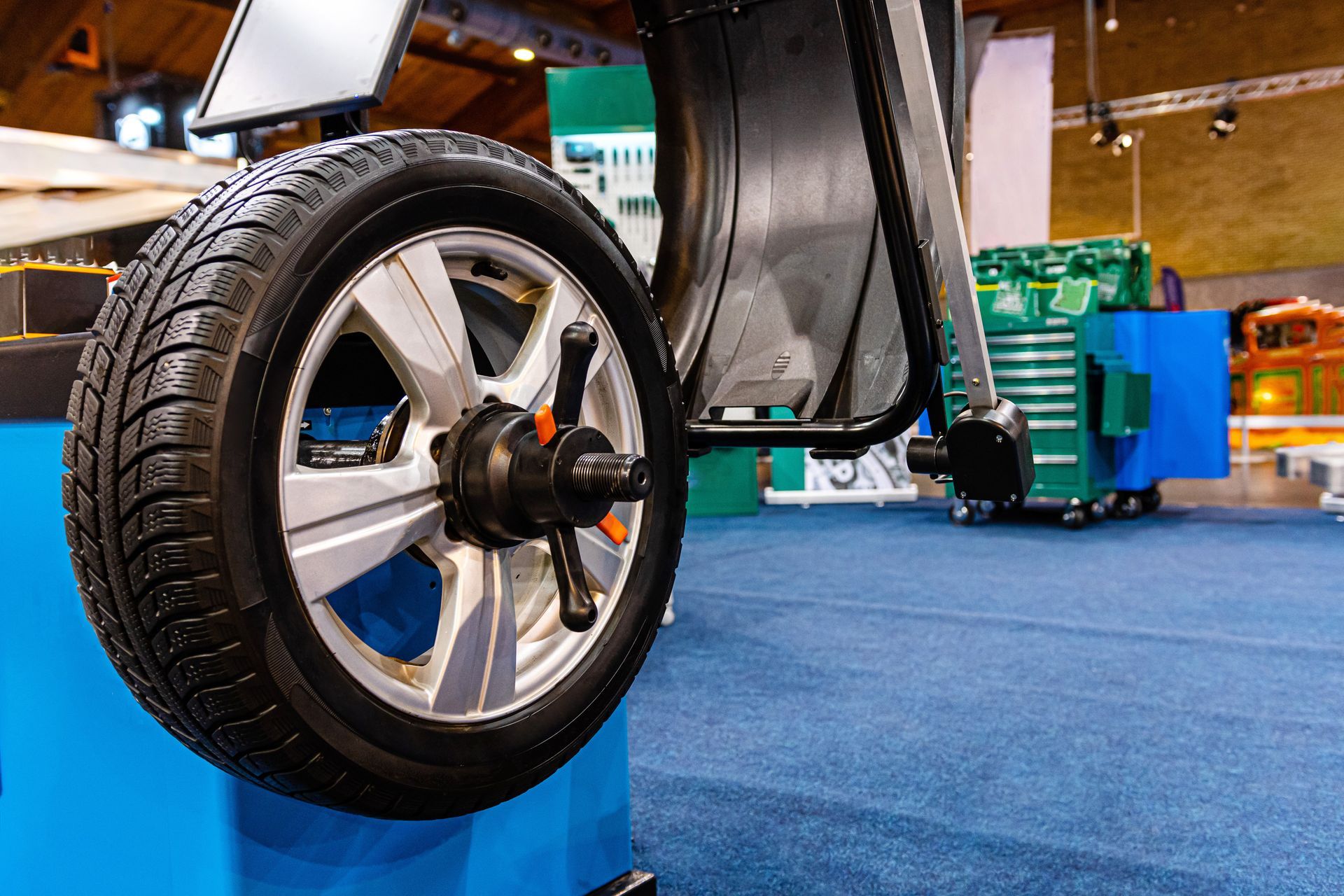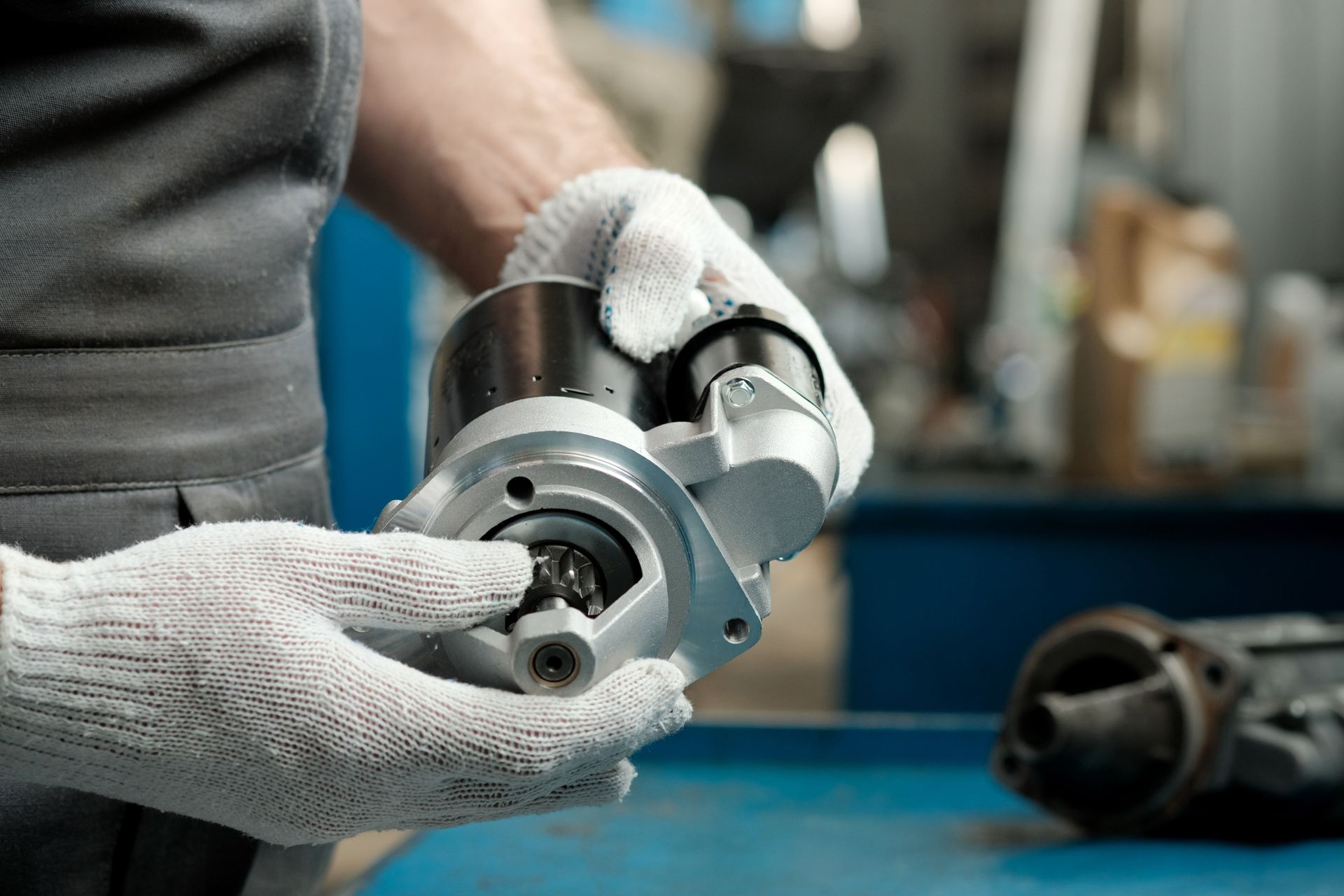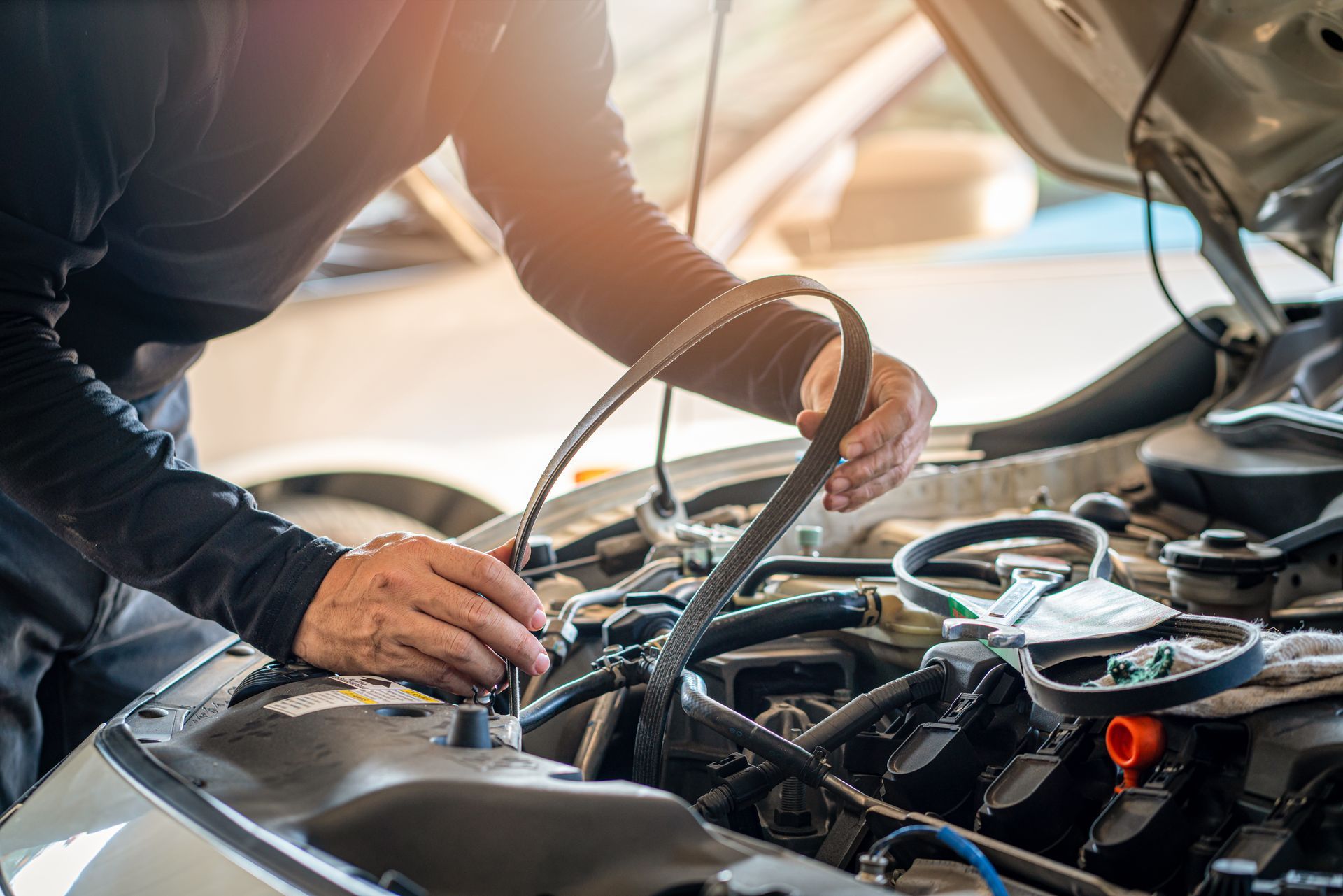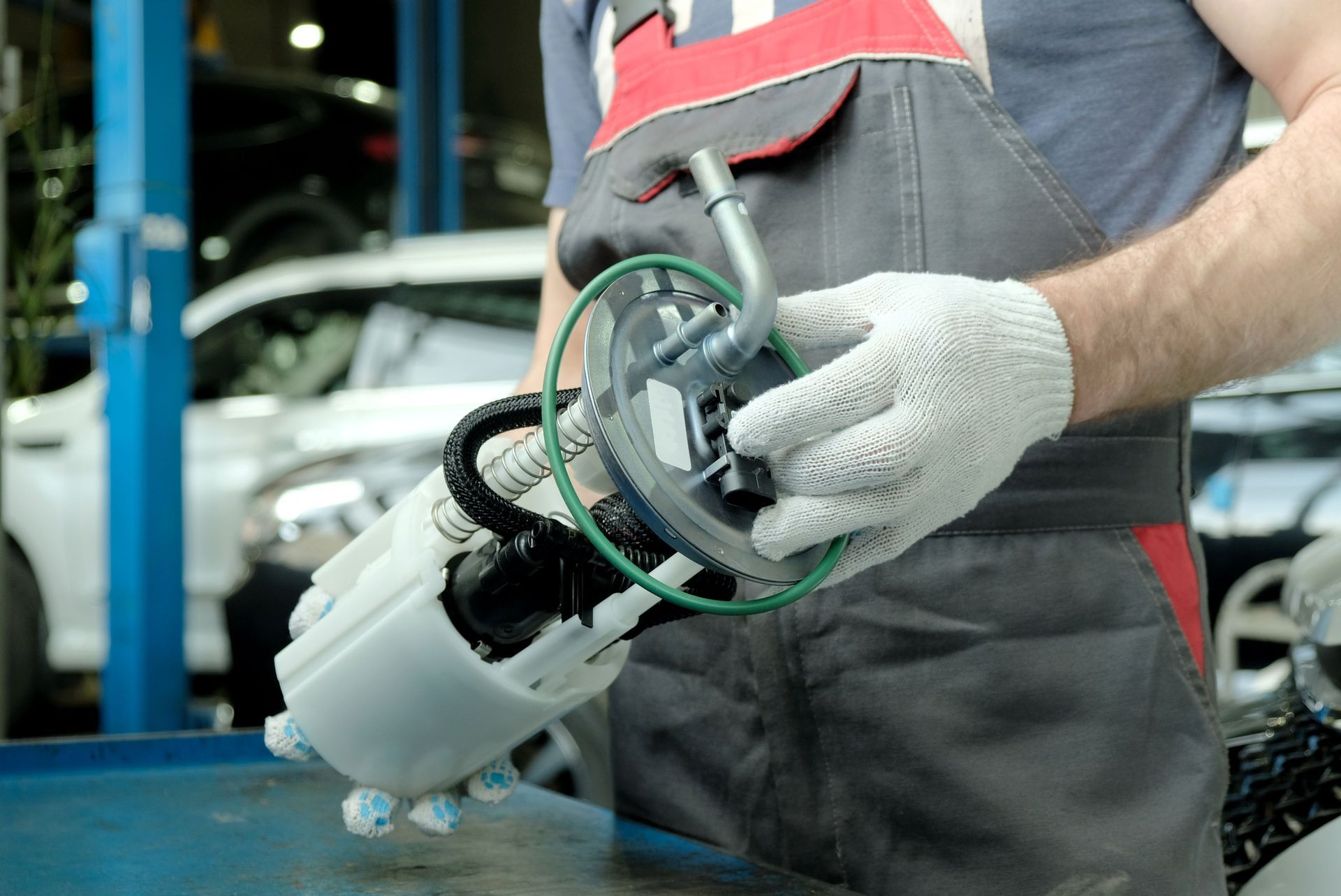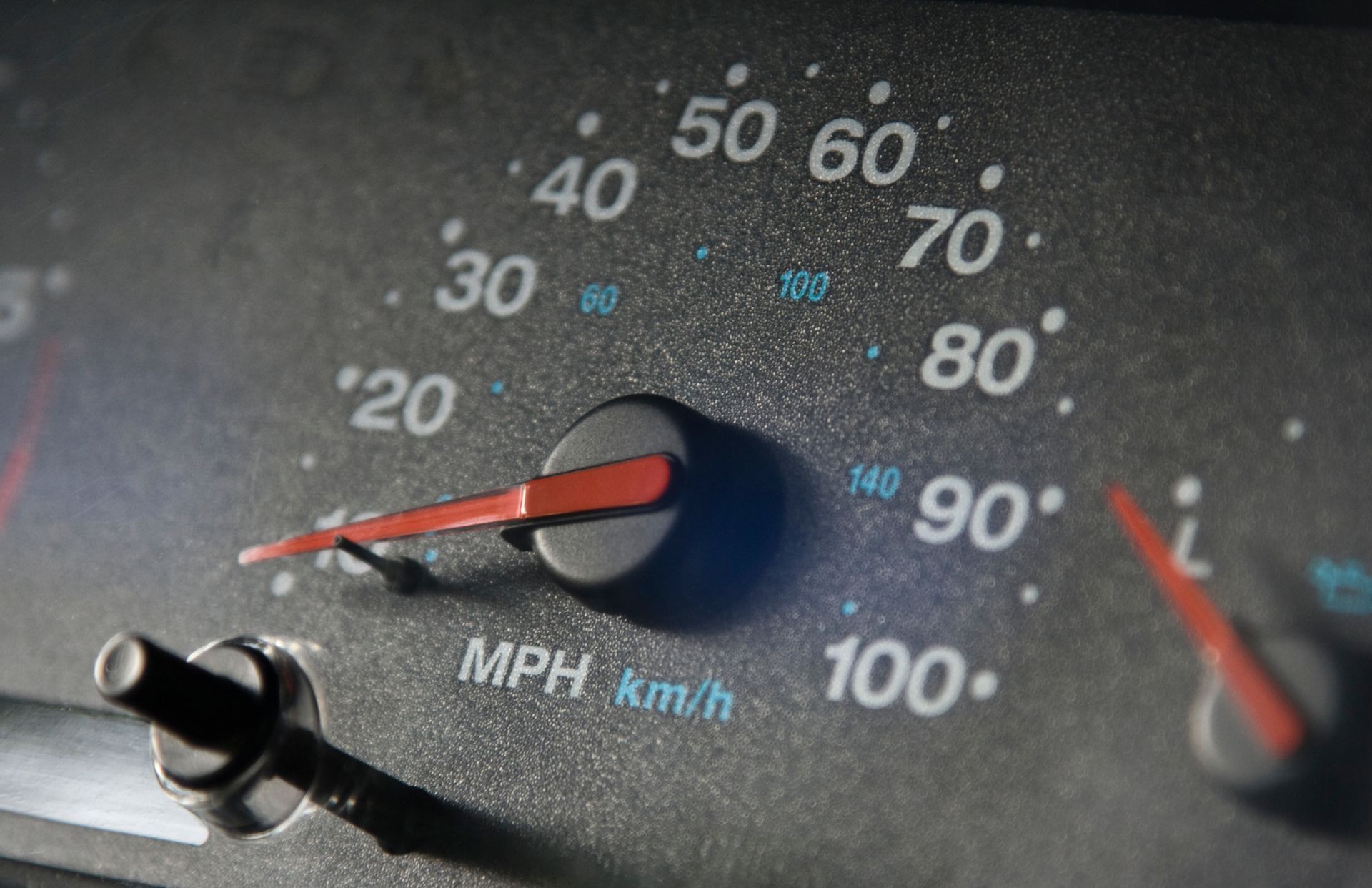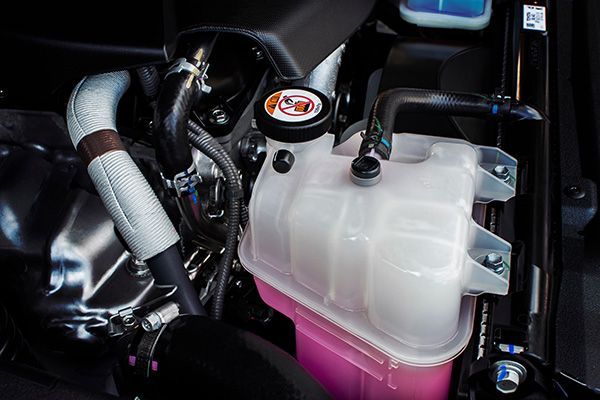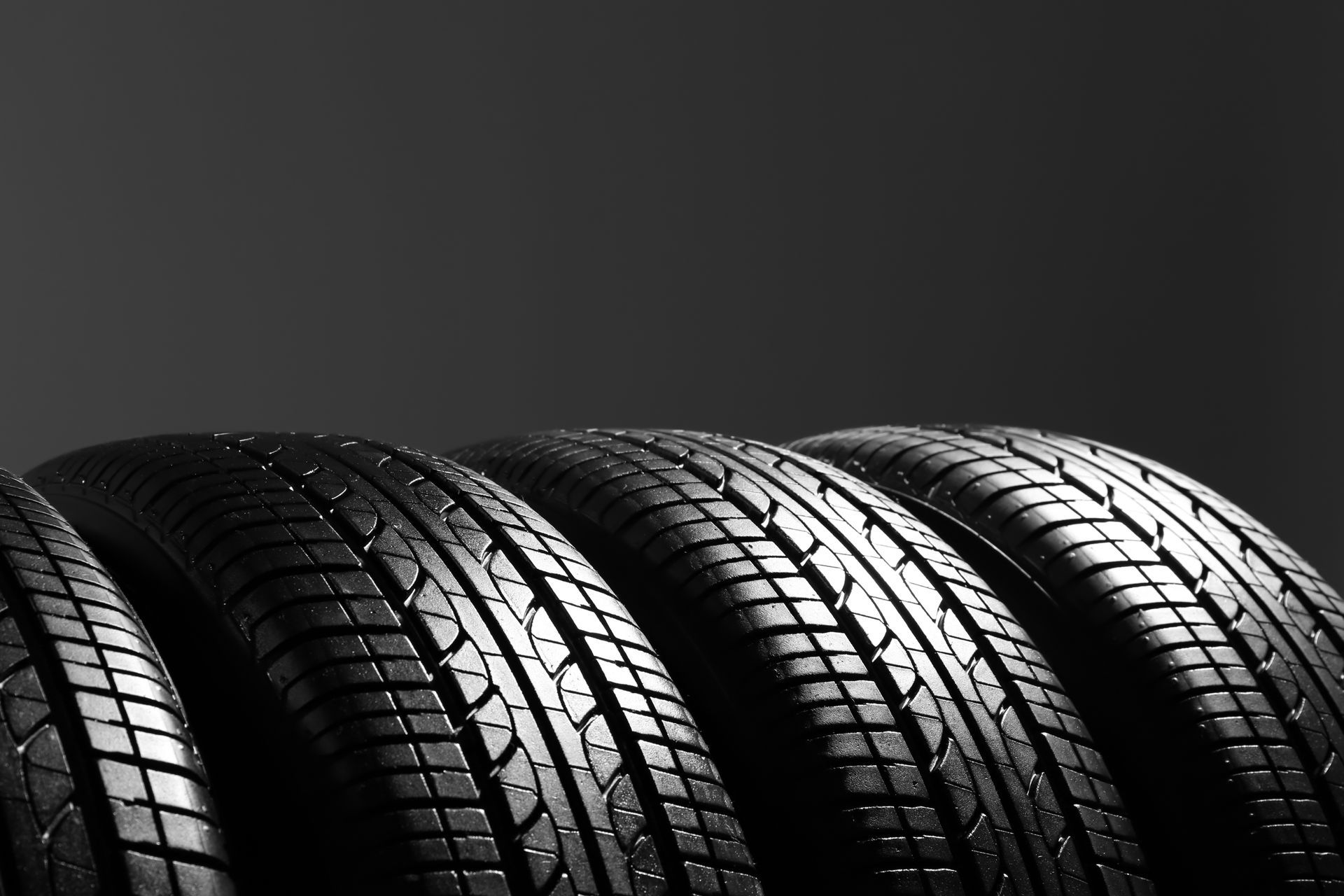Helping Your Transmission Perform at Its Best:
A transmission fluid exchange is a crucial maintenance procedure for your vehicle's longevity and performance. This routine service involves removing the old transmission fluid and replacing it with fresh fluid to ensure your transmission system operates smoothly. In this article, we will explore the importance of transmission fluid exchange, when to do it, and how the process works.
Why Transmission Fluid Exchange Matters:
1. Lubrication
Transmission fluid serves as a lubricant for the intricate components within your vehicle's transmission system. It prevents friction and excessive heat, which can damage parts over time.
2. Heat Dissipation:
As your vehicle operates, the transmission generates heat. Fresh transmission fluid helps dissipate this heat, preventing overheating and potential damage.
3. Clutch Operation:
In automatic transmissions, the fluid plays a role in the operation of the torque converter, which controls the shifting of gears. Clean fluid ensures smooth gear changes.
4. Seal Protection:
Transmission fluid also helps maintain the integrity of seals and gaskets, preventing leaks that can lead to more significant problems.
When to Perform a Transmission Fluid Exchange:
The recommended interval for a transmission fluid exchange varies by vehicle make and model. However, a general guideline is to have this service done every 30,000 to 60,000 miles. It's essential to consult your vehicle's owner's manual for the manufacturer's specific recommendations.
Additionally, you should consider a transmission fluid exchange if you notice any of the following signs:
1. Slipping Gears:
If your transmission shifts gears unexpectedly or struggles to engage a gear, it might be time for a fluid exchange.
2. Burning Smell:
A burnt odor coming from your transmission could indicate overheating due to old or degraded fluid.
3. Unusual Noises:
Grinding or clunking sounds during gear shifts may indicate insufficient lubrication from worn-out fluid.
4. Fluid Discoloration:
Healthy transmission fluid is typically reddish or pinkish. If it appears brown or has a burnt smell, it's time for a change.
How the Transmission Fluid Exchange Process Works:
1. Inspection:
A technician will first inspect the transmission system for any signs of damage or leaks.
2. Fluid Drain:
Using specialized equipment, the old transmission fluid is drained from the system, including the torque converter and cooler lines.
3. Replacement:
Fresh, manufacturer-approved transmission fluid is added to the system to the correct level.
4. Cleaning:
Some systems may include a transmission flush, which uses a cleaning solution to remove any remaining old fluid and debris.
5. Filter Replacement:
If your vehicle has a transmission filter, it's typically replaced during this service to ensure optimal filtration.
6. Testing:
The technician will test your vehicle to ensure smooth shifting and proper transmission operation.
Maintaining Smooth Shifting:
A transmission fluid exchange is a vital maintenance task to keep your vehicle's transmission system in top condition. Regularly changing the fluid according to your manufacturer's recommendations or when you notice signs of trouble can prevent costly repairs and extend the life of your vehicle. Always consult with a professional mechanic or service center for guidance on your specific vehicle's needs.

